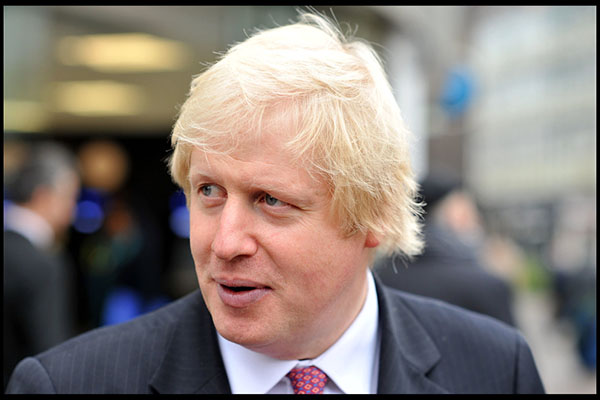There is only one week until the new Prime Minister is announced – but who is a better candidate, Boris Johnson or Jeremy Hunt?
When your rival likes to talk so much about his past as an entrepreneur that people start to joke about it, and the last big remark you said about business was reportedly preceded by the F-word, it’s no surprise Boris Johnson has had some work to do to mend fences with the business community.
The Tory leadership process has forced him to go out of his way to win back businesspeople, explaining that his notorious “f**k business” jibe was targeted at business lobby groups, and should not mar what he views as “a pretty extraordinary record as a politician for sticking up for business at every conceivable opportunity”.
Boris tries to win back business
In order to ram that point home, Mr Johnson has unveiled a raft of business-friendly measures: the scrapping of business rates on free-to-use cash machines, boosting the £675 million fund set up last year to revive British high streets, and to make it easier to turn empty outlets into shops.
His leadership rival Jeremy Hunt has given him a run for his money in the race to show the Tories can be the party of business, waxing lyrical about his entrepreneurial success and seeking to encourage young people to follow him by pledging to wipe their student debt if they start their own business.
But Mr Hunt’s big business pitch to students has prompted a series of tricky questions. If his masterplan would see graduates exempt from student debt by employing at least 10 people for five years, what happens if their firm receives state subsidies? Does it need to be profitable? What is to stop graduates hiring each other for one hour a week, on minimum wage, to clear their debts?
His staunch stance on Brexit has gone down like
catnip among Tory members
Brexit over business
These questions pale in comparison to what both candidates have had to face over Brexit. Boris Johnson sailed through the first rounds of the Tory leadership – the MPs’ selection process – by suggesting that he would ensure it happens “deal or no deal” by 31 October. He wavered in his firmness on this early on, perhaps to avoid deterring the Brexitsceptic supporters he has built up like Matt Hancock (who previously had taken him to task for his notorious business jibe, pledging to “f***k business”).
A fear of upsetting the likes of Mr Hancock would explain why Mr Johnson has since doubled down in his commitment to a Halloween Brexit, billing it as a “do or die” and “come what may” pledge. It has been mooted by him as a litmus test for serving in his government, something that he said ministers would have to be “reconciled” over, which indicates that his administration will be considerably different in personnel from what we have seen under Theresa May. His staunch stance on Brexit has gone down like catnip among Tory members, which has only cemented his lead in this race.

The first 100 days of 'BoJo'
Mr Johnson’s comfortable front-runner status has encouraged speculation to move on from who will win the race, to what Prime Minister Johnson will do in office. Typically, leaders like to focus their early efforts on what they will do in the first 100 days. That timespan is all too appropriate given that Mr Johnson can expect to be sent to Downing Street on Tuesday, 23 July, 100 days before the 31 October Brexit deadline.
As Prime Minister, he has pledged to fight for a better Brexit deal, namely without the backstop that bedevilled Mrs May. But European leaders have made clear they will stand firm and resist any attempt to renegotiate the deal, which suggests Mr Johnson has two options: either satisfy himself with tweaks around the edges (even though that did not work for his predecessor), or move towards a no-deal.
Mr Johnson has dismissed the likelihood of a no-deal Brexit as having odds of a “million-to-one against”, but unless he manages to persuade his European counterparts to engage in meaningful talks, the odds will rise rapidly.
Could Parliament stop Brexit from happening?
Many MPs would certainly love to, but they have yet to find a convincing way to do so. The methods they could use – such as rushing through legislation demanding specific minimum delays to Brexit or outright revocation – have struggled in the past to win a majority in the House of Commons and will not do much better now.
Meanwhile, the methods that have attracted support, such as ordering a Prime Minister in law to request a delay, have loopholes that Mr Johnson could eagerly exploit: he could honour it by just asking for a delay of one second.
Brexiteers are determined that Mr Johnson can force a better deal out of Brussels by showing no fear of a no-deal, and a willingness to take Parliament on if it tries to resist. He is playing a good game of Brexit chicken for now, but time will tell if he can do what Mrs May couldn’t: get Brussels to blink first.





